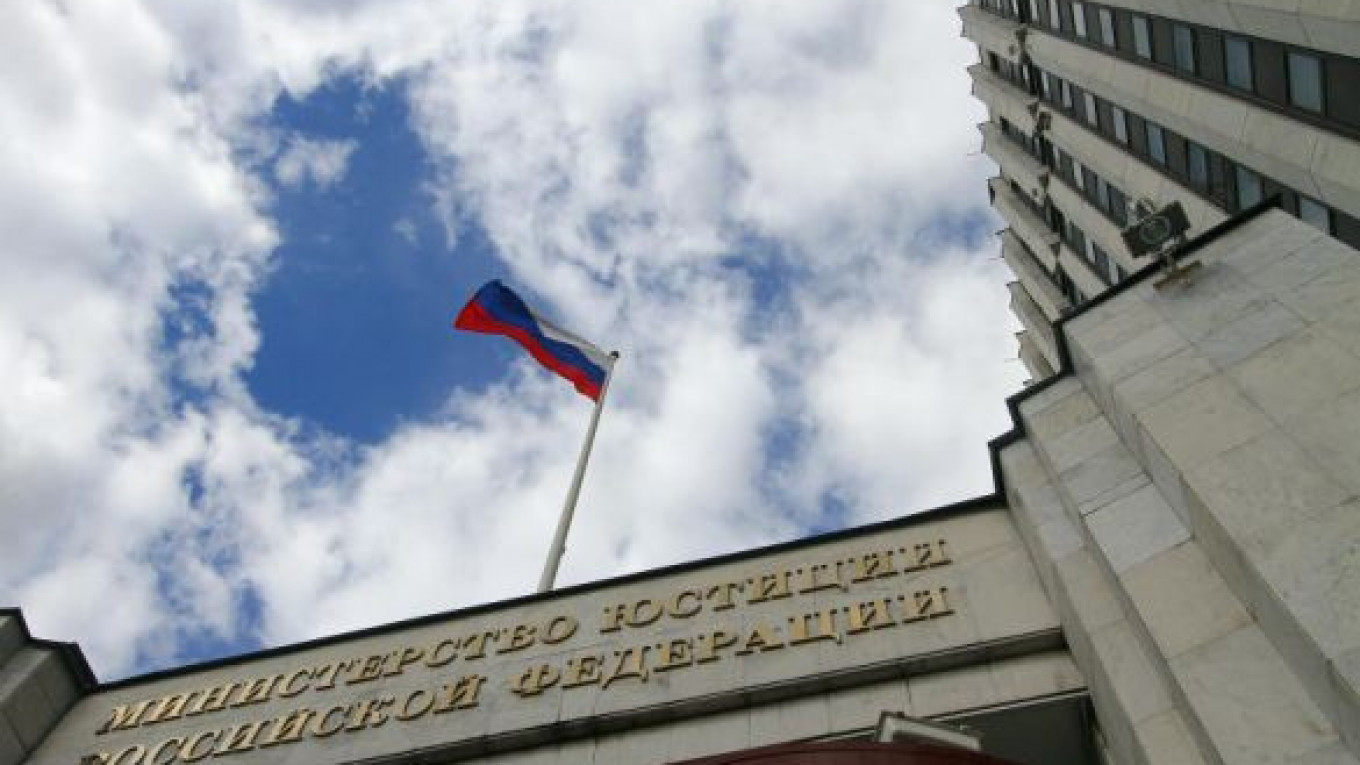The presidential human rights council will ask President Vladimir Putin to approve a number of amendments to the law on nongovernmental organizations at a meeting on Sept. 4.
The council hopes to persuade Putin to remove the term “foreign agent" from the law and ask for clarifications on some other terms used in the legislation, Izvestia reported Wednesday.
The law requires all NGOs that receive funding from abroad and engage in "political activity" to register as "foreign agents" with the Justice Ministry. Almost every NGO has refused to adhere to the law, with one of the main objections being that the term "foreign agents" carries connotations of spying.
"The law needs to be corrected soon. Right now it is unclear what is meant by 'foreign sources' and by 'political activity,'" council chairman Mikhail Fedotov said.
The council will also recommend that more detailed accounting of NGOs that receive significant financial support from abroad be carried out, the report said.
"It's understood that if the funding is $1 or $100, then it is not enough to do anything with in politics. But if the sum is higher than 3 million rubles ($90,000) per year, then that's a different matter," said Yelena Topolyova-Soldunova, head of the standing commission on the development of NGOs.
Lyudmila Alexeyeva, a prominent human rights activist and head of the Moscow Helsinki Group, supports the initiative and says that it will remove the "unpleasant aftertaste" left by the current NGO law.
However, changing accounting rules would not improve the quality of controls on NGOs, according to Igor Kalyapin, chairman of the Committee Against Torture.
NGOs currently audit their accounts once a year, he said, but even then they do not have time to process all of the data.
"Then the Federal Security Service, the Economic Crime Department, the Interior Ministry and the Justice Ministry come to us and ask us the exact same questions that we already answered in the financial report," Kalyapin said.
A Message from The Moscow Times:
Dear readers,
We are facing unprecedented challenges. Russia's Prosecutor General's Office has designated The Moscow Times as an "undesirable" organization, criminalizing our work and putting our staff at risk of prosecution. This follows our earlier unjust labeling as a "foreign agent."
These actions are direct attempts to silence independent journalism in Russia. The authorities claim our work "discredits the decisions of the Russian leadership." We see things differently: we strive to provide accurate, unbiased reporting on Russia.
We, the journalists of The Moscow Times, refuse to be silenced. But to continue our work, we need your help.
Your support, no matter how small, makes a world of difference. If you can, please support us monthly starting from just $2. It's quick to set up, and every contribution makes a significant impact.
By supporting The Moscow Times, you're defending open, independent journalism in the face of repression. Thank you for standing with us.
Remind me later.






